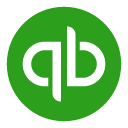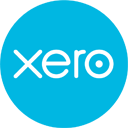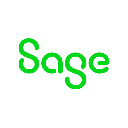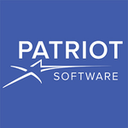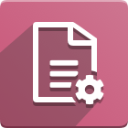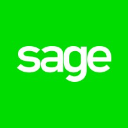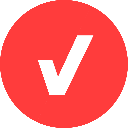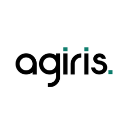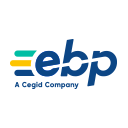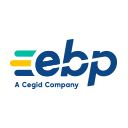Accounting software: purchase guide
What is Accounting Software?
Definition
Accounting software is an IT solution that facilitates bookkeeping and financial management for companies. It can range from simple quotes, invoices and cash management all the way to the complete integration of general accounting tasks.
How does it work?
Accounting software is designed to automate and internalise all or part of the services of your accountant (debit and credit accounting, financial advice, accounting documents) as well as routine administrative operations (creation of quotes, invoices, voucher orders, supply management, collection of invoices and expense reports, tracking payments, etc.).
Accounting software offers a financial view. This is why it is different from commercial management software and invoicing software. Moreover, it interprets the financial impact of current operations. And, it is particularly recommended for small companies (startups, TEPs, self-employed) and medium-sized companies (SMEs, SMIs) that need to keep track of transactions occurring on their bank account or the state of their finances in real-time.
Main Features of an Accounting Software
The features of accounting software play a key role in the economic development of your company or your association.
Make Simplified Payments via a Paperless Platform
To facilitate exchanges between your partners or customers and your company, some accounting software programmes offer the possibility of making payments via an electronic payment platform. The transactions of your accounts are directly integrated into your accounting records to automate bank reconciliation and lettering. These exchanges are completely secure which allows you to make payments without worries.
Commercial Management and Billing
Accounting software integrated into a CRM system goes a step further by simplifying commercial management (quotes and automated invoices). In some cases, you can also conduct inventory management.
Whether you are self-employed, an artisan or a commercial company (self-manager, very small business, SME, large company), you will be able to keep track of your accounting to be fully aware of your company's financial status. In line with the work of your accountant, you can prepare your balance sheet, income statement and general appendix with much greater ease by regularly updating your accounting software.
Who uses Accounting Software?
Any company starting from one person upwards must use accounting software, even if it is only for the preparation of estimates & invoices, payments and the follow-up of late payments. Medium-sized companies use accounting software as a financial management tool. Finally, larger companies use accounting software to internalise all of their accounting processes.
Why use Accounting Software in Business?
Benefits of Online Accounting Software
Using accounting software ensures efficient response to functional needs in general accounting and offers the possibility of analyzing your results (cost accounting). Much more convenient than Excel, accounting software:
- Saves time by automating common accounting operations
- Allows you to reduce your accounting costs by internalizing services provided by external accountants
- Facilitates the completion of balance sheets
- Helps track third-party accounts
- Ensures compliance with legal obligations. They meet a need for rigor and transparency required for all American companies
- Monitor incoming and outgoing payments to and from your bank account as well as fixed assets on a daily basis
- Updates accounting documents whenever they are modified in the general ledger
- May be used in conjunction with the work of a certified public accountant. Some programmes give your accountant access to your corporate accounts so that they can perform your company's accounting by taking into consideration the data integrated into your online software.
- Facilitates Tax and VAT reporting procedures and declarations.
- Helps you make the right decisions by having a realistic view of the state of your company's finances, but also by allowing you to project new investments.
- Keeps you up to date: SaaS accounting software (online) does not depend on your operating system and updates are done automatically.
Cons
- Open Source accounting software does not always comply with the latest financial regulations.
How to Choose?
Criteria
Here are some important features to consider when choosing the right accounting software:
- Good interface ergonomics: It must be easy to understand and very simple to use. Online accounting solutions are becoming more and more intuitive. Therefore, it is essential to avoid choosing a commercial management software that complicates your accounting.
- Entering accounting entries: This is the main action of your accounting software and this should be done quickly so you do not waste your time on a daily basis with data input. Opt for basic data entry with the possibility to import and export your data so that you can use the figures if you are in a meeting or with your accountant who will carry out bank reconciliations more easily.
- Third-party account monitoring: It is important to stay up-to-date on transactions between your company, your partners and your employees.
- VAT return if you are concerned.
- The creation of an analytical forecast: this informs you about the possibilities of your company and gives you a long-term view of the potential development of your business.
- The ability to export accounting entries and to develop a tax package more easily.
- The dashboard gives a synthetic view of the accounting situation of the company
What are the most commonly used accounting software?
Accounting software is a tool that plays a strategic role in the decision-making process. It takes into account: production cost, ROI and margins, etc. For external partners, it is used to provide a vision of the potential evolution of your company's value: balance sheet, income statement, cash flow. Discover our accounting guides today!
